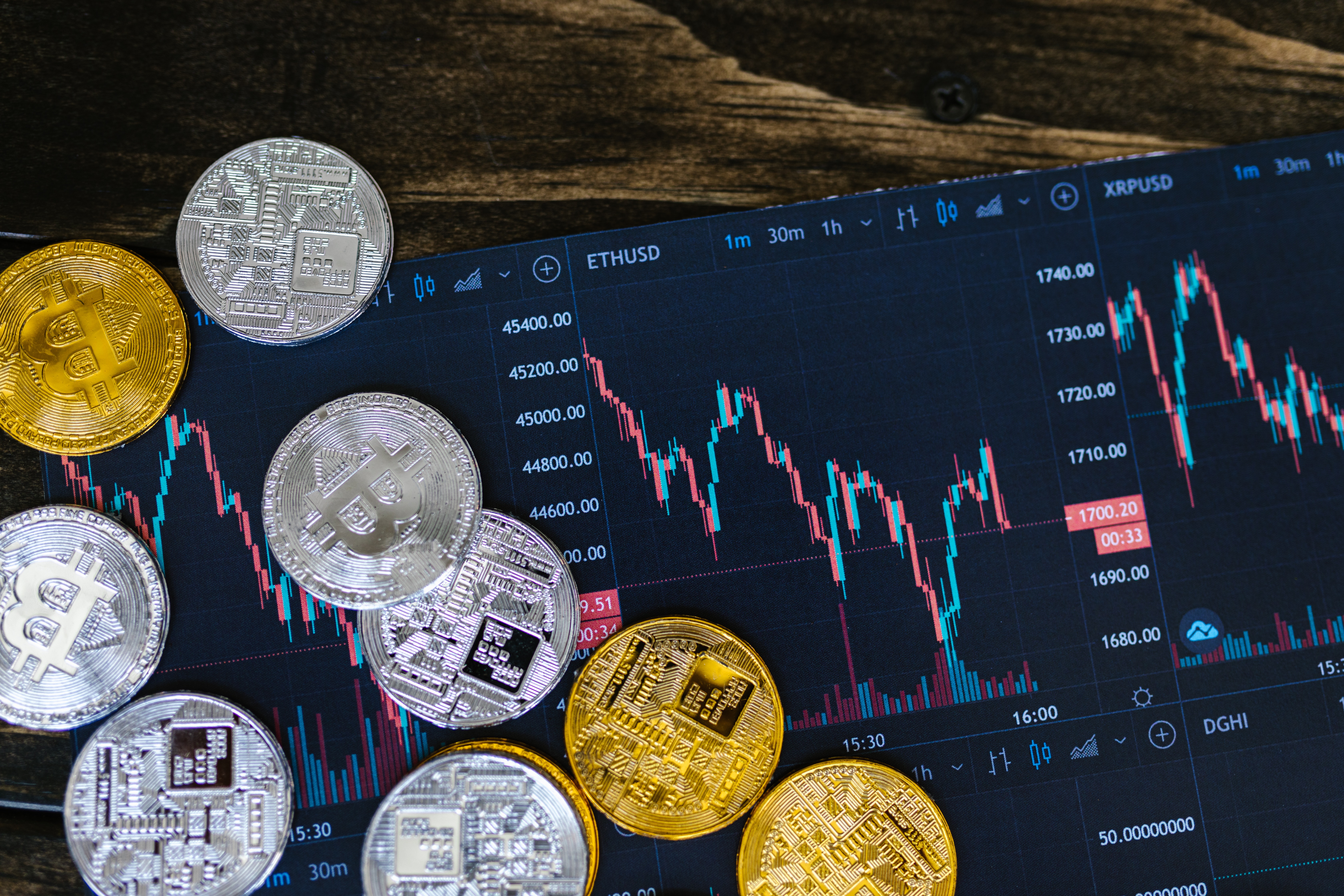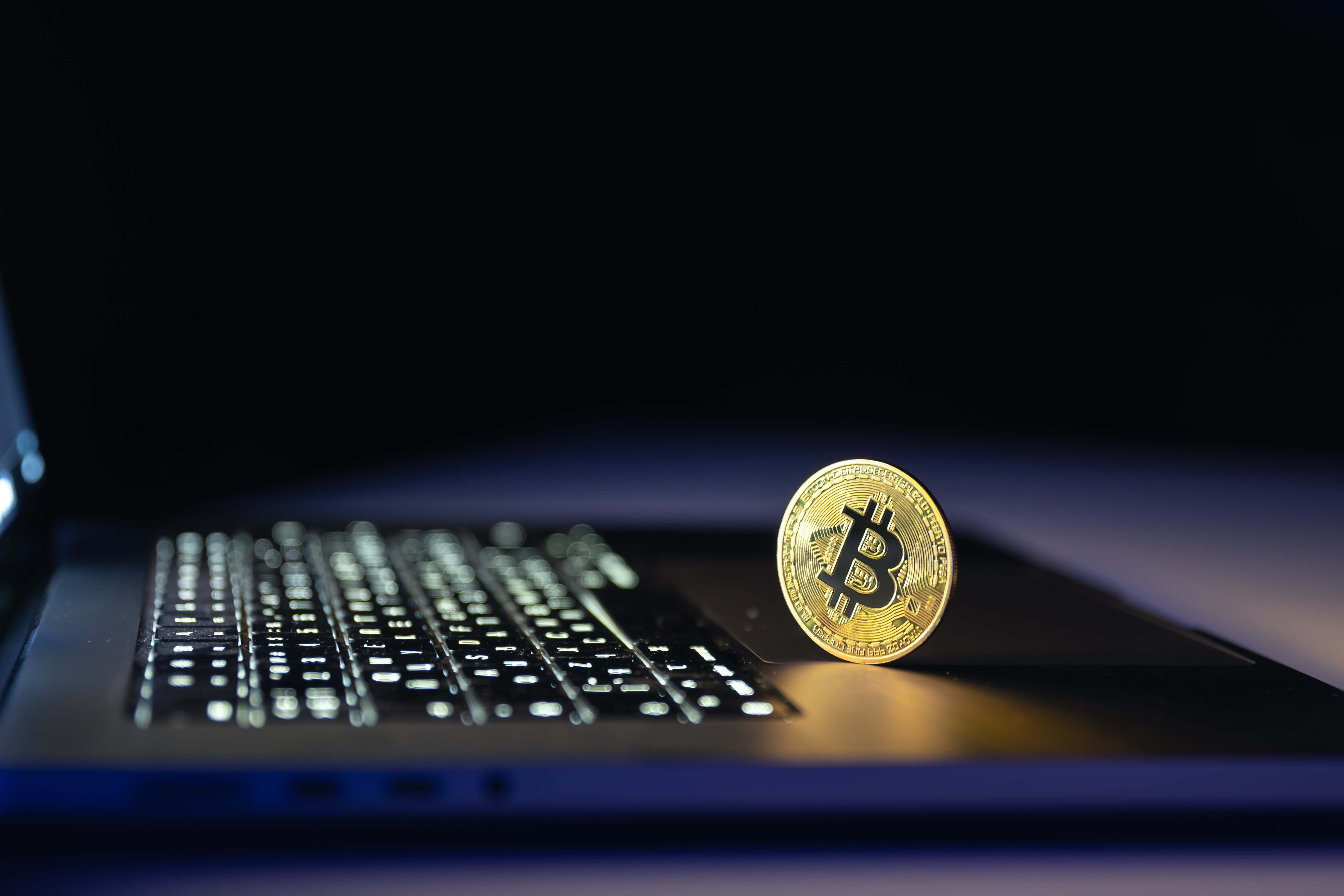Cryptocurrency has revolutionized the financial landscape, offering decentralization, security, and potential for high returns. As the popularity of digital assets grows, it becomes crucial for traders and exchanges to understand the concept of liquidity and its significance in the cryptocurrency market. Let's explore the concept of cryptocurrency liquidity, why it matters, and its implications for traders and exchanges.
Understanding Cryptocurrency Liquidity:
Liquidity refers to the ease with which an asset can be bought or sold without significantly impacting its price. In the context of cryptocurrencies, liquidity represents the ability to convert digital assets into cash or other cryptocurrencies quickly and at a fair market price. It is a measure of the market's depth and efficiency.
Factors Affecting Cryptocurrency Liquidity:
- Trading Volume: Trading volume indicates the level of activity within a cryptocurrency market. Higher trading volumes typically indicate greater liquidity as there is a larger pool of buyers and sellers, enabling smooth and efficient transactions.
- Market Depth: Market depth refers to the availability of buy and sell orders at different price levels. A deep market with a substantial number of orders at various price points signifies higher liquidity, as it allows for larger trades to be executed without causing significant price fluctuations.
- Exchange Listing: The number and reputation of exchanges where a cryptocurrency is listed influence its liquidity. Cryptocurrencies listed on multiple reputable exchanges tend to have better liquidity as they attract a broader range of traders and investors.
Why Liquidity Matters for Traders:
- Price Stability: High liquidity contributes to price stability, reducing the impact of large buy or sell orders on cryptocurrency prices. Traders benefit from stable prices as it enables them to enter and exit positions at desired levels without slippage or drastic price changes.
- Efficient Order Execution: Liquidity ensures that traders can execute their orders quickly and at fair prices. It minimizes the risk of delays or failed transactions, allowing traders to take advantage of market opportunities promptly.
- Tight Bid-Ask Spreads: Bid-ask spreads represent the difference between the highest price a buyer is willing to pay and the lowest price a seller is willing to accept. Higher liquidity leads to tighter spreads, reducing trading costs for traders.
Why Liquidity Matters for Exchanges:
- Attracting Traders: Exchanges with high liquidity tend to attract more traders and investors, as they offer a wider range of trading opportunities and better order execution. Increased trading activity benefits exchanges by generating higher transaction fees and boosting their reputation in the market.
- Market Manipulation Resistance: Cryptocurrencies with higher liquidity are less prone to market manipulation attempts. With a larger number of participants and trading volume, it becomes more challenging for individuals or groups to manipulate prices for their own gain.
Cryptocurrency liquidity plays a vital role in the success of traders and exchanges in the digital asset market. It ensures efficient order execution, price stability, and attracts a broader range of market participants. Traders benefit from smooth transactions, tighter bid-ask spreads, and the ability to enter and exit positions without significant price impact. Exchanges, on the other hand, gain credibility, higher trading volumes, and increased transaction fees by offering a liquid trading environment. Understanding and considering liquidity is essential for traders and exchanges aiming to navigate the dynamic and evolving world of cryptocurrencies successfully.



